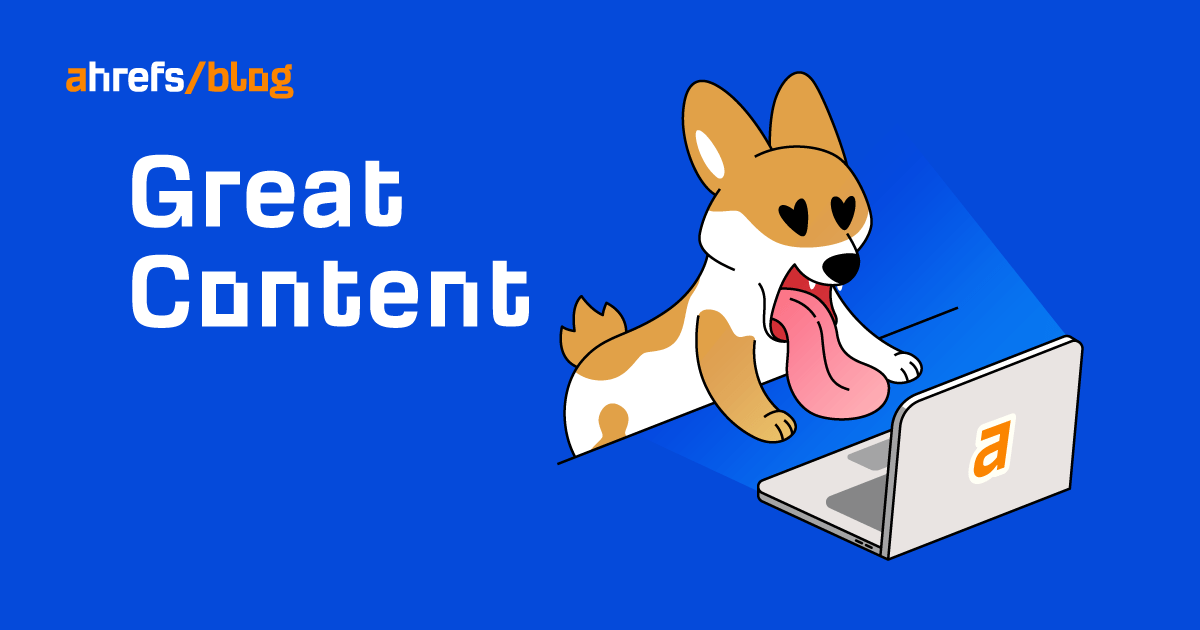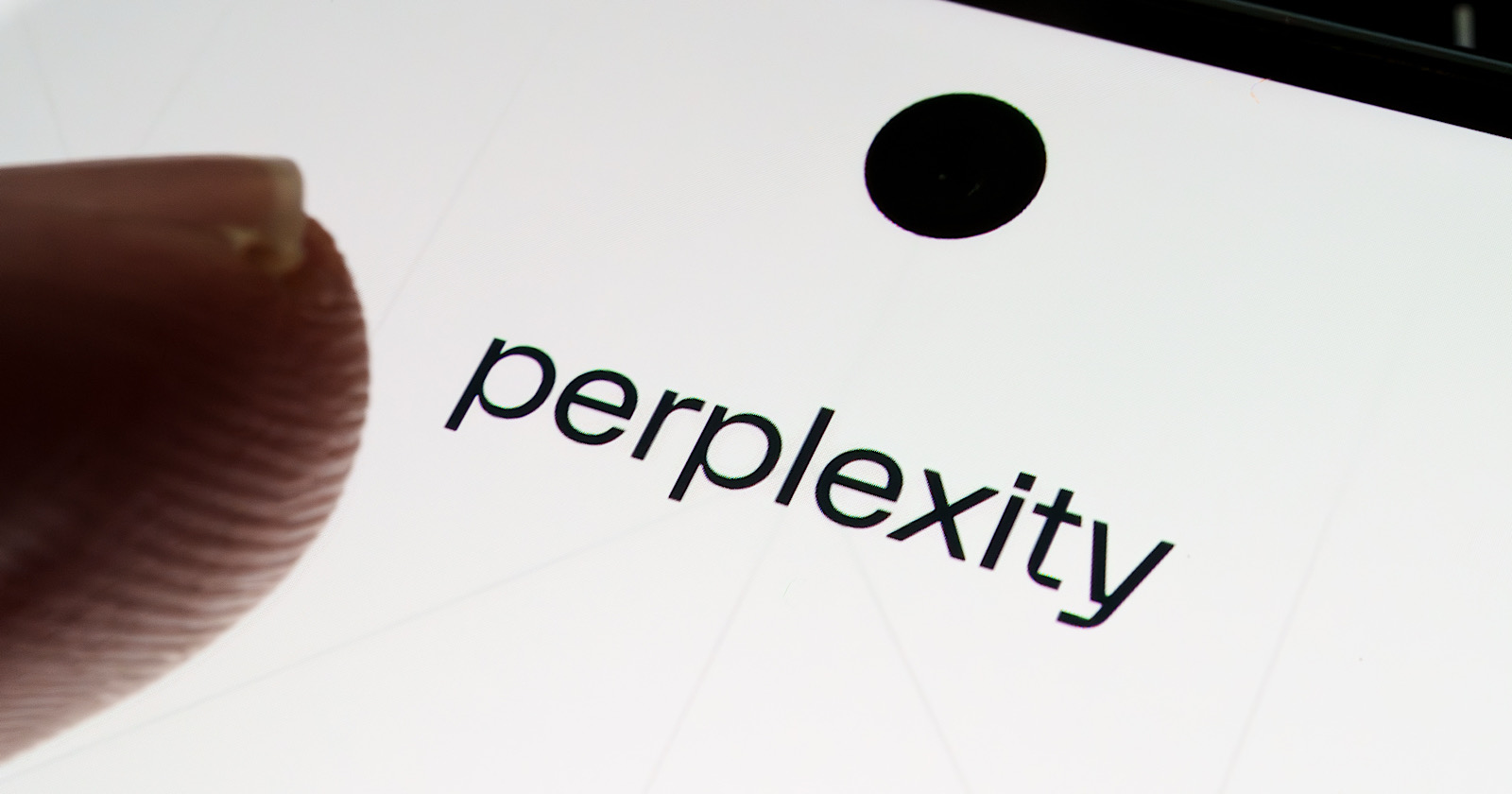OpenAI Considers ‘App Store’ For ChatGPT via @sejournal, @MattGSouthern
OpenAI explores launching an 'app store' for AI models, potentially challenging current partners and expanding customer reach. The post OpenAI Considers ‘App Store’ For ChatGPT appeared first on Search Engine Journal.

According to a report by The Information, OpenAI, the company behind ChatGPT, is considering creating a marketplace for AI models.
This AI ‘app store’ would let companies buy and sell customized bots tailored to specific needs.
The goal is to make advanced chatbots more useful across industries.
Businesses could use these chatbots for various purposes, like providing quick answers to industry-specific questions using current data.
Potential Competition & Opportunities
OpenAI’s rumored marketplace could compete with its current partners like Salesforce and Microsoft, who operate their own stores for selling AI chatbots built on OpenAI’s technology.
However, opening its own marketplace could enable OpenAI to distribute its tools to many more customers and gain an advantage over rival AI companies Anthropic and Cohere.
The move highlights the tensions that can emerge between technology partners as they become competitors.
While OpenAI currently relies on companies like Salesforce and Microsoft to extend its reach, the startup may feel ready to sell its tools directly and keep more profits.
The Information reports that CEO Sam Altman told developers about plans for an AI marketplace, but the company says there are no active efforts to build one.
Early Interest In A ChatGPT ‘App Store
Even at the conceptual stage, OpenAI’s proposed marketplace has caught the interest of two companies – Aquant and Khan Academy.
Aquant, which provides software for guiding customers through device repairs, modified OpenAI’s ChatGPT chatbot using data from customer support tickets and employee feedback.
Now, Aquant offers this customized chatbot on the Salesforce AppExchange and ServiceNow Store and would consider an OpenAI marketplace to reach even more clients.
Khan Academy, a non-profit focused on education, also developed its own version of ChatGPT called Khanmigo to act as an AI tutor for teachers and students.
Khan Academy tuned the chatbot using material from its test preparation and academic offerings and added filters to prevent cheating and ensure appropriate responses in the classroom.
The organization is looking at ways to distribute Khanmigo more widely, potentially through an OpenAI store.
Lessons from Past Initiatives
Earlier this year, OpenAI launched ChatGPT plugins, allowing users to interact with websites such as OpenTable, Shopify, or Expedia.
However, these plugins haven’t become popular, highlighting the need for further product development and market research.
For an AI app store to resonate with corporate customers, OpenAI must provide a pragmatically useful solution for industries like retail, finance, healthcare, and others.
The app store’s offerings must handle critical tasks, integrate with companies’ existing systems, and generate business value to justify purchasing over established alternatives.
In Conclusion
OpenAI may be tempted by an opportunity to control the distribution and commercialization of its technology.
However, prematurely launching a full-scale AI marketplace could spread the company thin and alienate partners, putting key relationships at risk.
For a company defining its place in the market, improving its core offering may be the smartest move before creating a new distribution channel.
Featured image: Vlyaks/Shutterstock

 Fransebas
Fransebas 





























